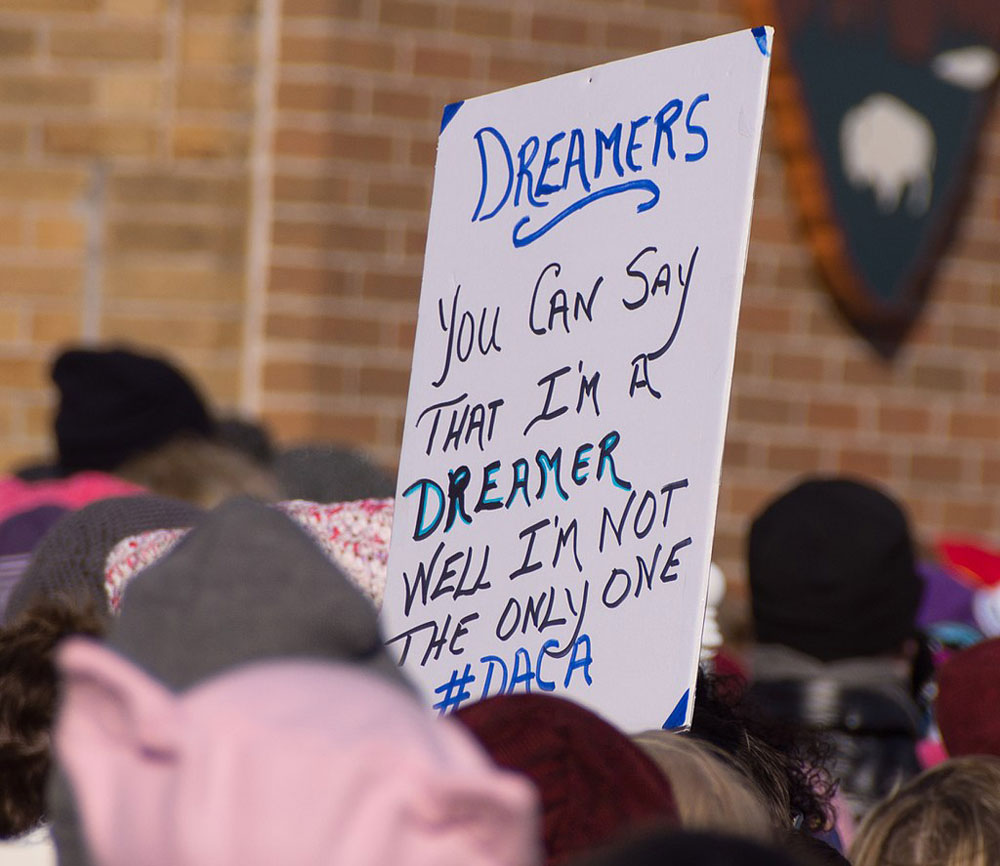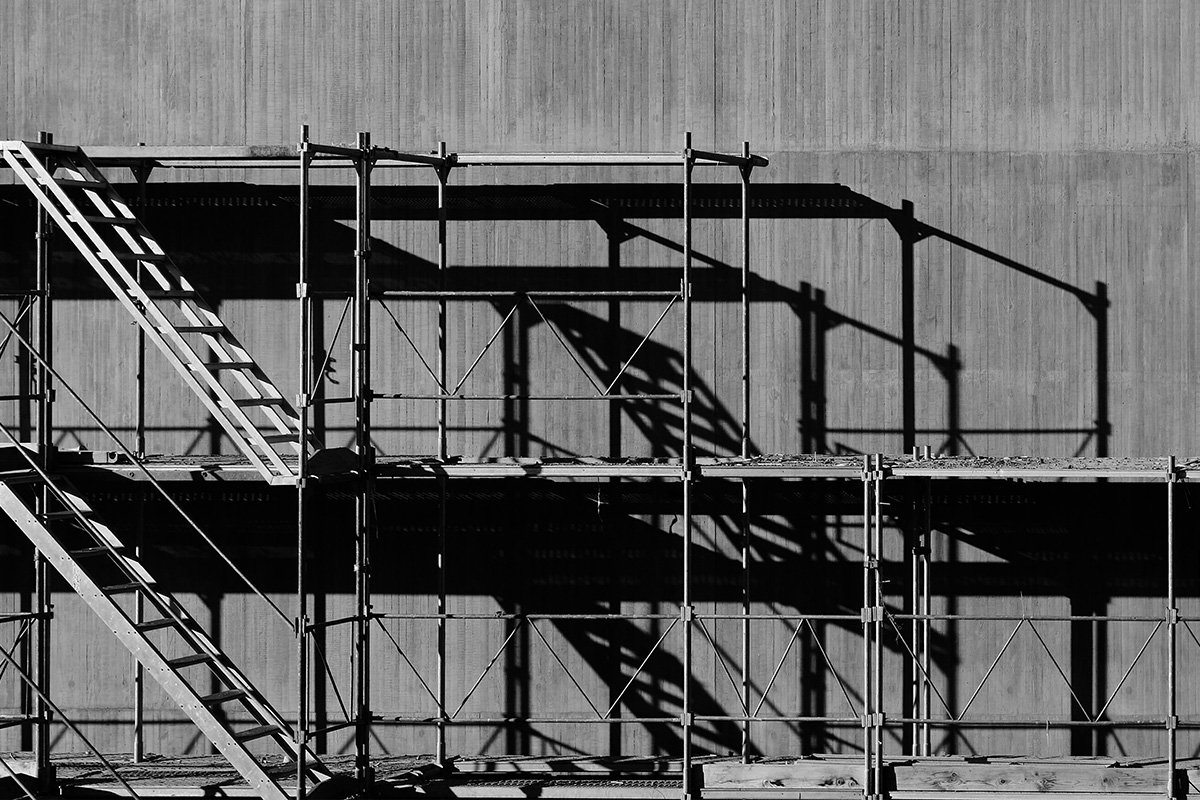
March 27, 2020; New York Times
In the struggle to fight the COVID-19 pandemic on all fronts, one group fears that they may be removed from their work on the front lines and from their homes in the United States. That group, the Dreamers, are the more than 700,000 undocumented young people brought to the US as children and enrolled in the Deferred Action for Childhood Arrival (DACA) program.
DACA is an administrative action to protect these young people from deportation enacted in 2012 under President Obama. The fate of this highly successful program, with more than 27,000 Dreamers working directly in the health care field and many others on the front lines in jobs that are deemed essential during the COVID-19 pandemic, now rests with the Supreme Court which heard arguments in November 2019 and could announce a decision at any time. But at that time of the hearing, things did not look good. NPQ wrote then, “The Court has some options in this case, but it seems unlikely to err on the side of DACA. Indeed, it seems possible the Court will move to overrule three federal appeals court panels and determine that the DACA program is illegal and unconstitutional, as the administration claims.”
What are these Dreamers to do? They are not sitting and waiting for the Court to rule. They are making a case that this is not the time for this ruling to be made, whatever it might be. On Friday, March 27, 2020, a letter on this topic—the status of DACA health care workers—and the impact that a SCOTUS ruling that would mandate their deportation would have during this COVID-19 crisis was filed with the US Supreme Court. This is highly unusual. But we are living in highly unusual times.
Sign up for our free newsletters
Subscribe to NPQ's newsletters to have our top stories delivered directly to your inbox.
By signing up, you agree to our privacy policy and terms of use, and to receive messages from NPQ and our partners.
It should be noted that before any of this pandemic was real and the case was being prepared for arguments, a supporting brief was filed in the case by the Association of American Medical Colleges and other groups that seemed to anticipate this kind of crisis. The brief said that this country was not able “to fill the loss that would result if DACA recipients were excluded from the health care work force.”
A case in point would be 26-year old Aldo Martinez, a paramedic in Fort Myers, Florida, who was brought to the US at the age of 10. He dreams of being a trauma surgeon if the Supreme Court rules in favor of the Dreamers. Martinez points to the many undocumented workers who are considered essential workers like himself—janitors, grocery store workers, nurses and doctors, pharmacists, technicians, researchers and other health care workers. How foolish to remove these workers from the field in the midst of this crisis. “It’s imperative that the Supreme Court take account of conditions that did not exist back in November,” he said. “It seems nonsensical to invite even more chaos into an already chaotic time.”
This is not a Supreme Court that seemed likely to rule in favor of the Dreamers when in heard their case in November. When NPQ wrote about this case in November 2019, it asked, “Can this nation afford to lose these young people who truly want to contribute to this country—to say nothing about the moral disgrace of such a mass expulsion?” It might now be more than a moral disgrace; it could be that the health and well-being of many others hang in the balance of this Supreme Court decision.—Carole Levine












